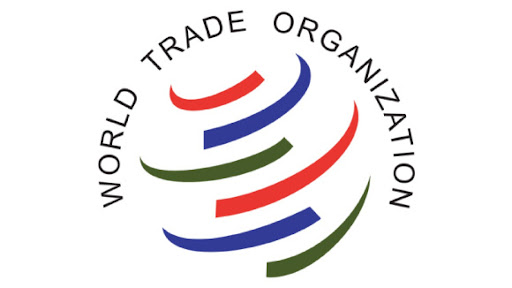The World Trade Organisation (WTO) has emphasised the importance of adopting digital technology for trade in Africa as a way to fast-track the attainment of economic integration and sustainable development on the continent.
This was encapsulated in the Africa Agenda 2063 of “The Africa We Want”. The drive for digital technology adoption was highlighted at the WTO Public Forum 2022 held recently in Geneva, Switzerland.
WTO Encourages Technology for African Nations Trade
During the working session of the forum, the Lead Advisor, Dynamics Impact Advisory (DIA), Gbemisola Osadua, harped on harnessing technology and digital innovation in order to advance Africa’s Trade and Sustainable Development Agenda.
On her part, the President of Borderless Trade Network (BTN), Dr Olori Boye-Ajayi, identified unique challenges that women encounter while trading in Africa in relation to maximising the potential of digital innovations.
Read also: Tradeshift partners with Dooka to launch a pan-African B2B marketplace
In vivid instances, Boye-Ajayi stated the collaborative efforts BTN has embarked on alongside different agencies to assist women and ease their trading and business operations by maximising technology. She also raised awareness of the need to create fair opportunities for women in trade in terms of accessing digital tools.
The Chief Executive Officer of Supply Chain Africa (SCA), Adebayo Adeleke, focused on Africa’s disjointed and fragmented economic and trade situation post-COVID. He explained how a consolidating platform, SCA, has been championing the right activities for supply chain systems in Africa while showcasing innovative African stories.
He also underlined the peculiarities of Africa and how these set the continent’s operations and procurement systems apart from other continents of the world.
The Head of Trade Logistics Branch of the United Nations Conference on Trade and Development (UNCTAD), Jan Hoffmann, discussed how the speed at which technology will advance would significantly increase over the years compared to how it is currently. He gave instances from recent multilateral approaches to leveraging digital innovation, such as the UNCTAD requirement, which mandates every country’s customs administration to publish their rules, duties and procedures.
Dr Bright Okogu, the WTO’s chief of staff, also spoke at the event, emphasising the need for an African strategy that goes beyond simple speculations about the possibilities for bold action. He underlined the indispensable key value of digital innovation and technology in Africa’s commerce and development and added that the private sector and SMEs, not the government, are responsible for driving the continent’s economic growth.
Read also: AFDB Approves Establishment of African Pharmaceutical Technology Foundation
In response to a question from a session participant, Prof. Gabrielle Marceau, Professor of WTO Law and Practice and Senior Counsellor at the WTO, discussed the necessity of fostering partnerships between the public and private sectors as a multi-stakeholders approach to addressing the challenges of digital trade in Africa.

She gave the approach taken by Dr Ngozi Okonjo-Iweala, the former Director General of the World Trade Organisation, in enlisting the private sector to work together to facilitate trade in order to quickly recover from COVID-19 and other pressing issues that the multilateral trading system was facing.
Other panellists discussed the role of supply chains in promoting trade and commerce, the necessity of empowering MSMEs in Africa, and the need to finance the initiatives required for the continent to fully capitalize on digital and technological innovations made by young people to advance its trade and economic development agenda.




